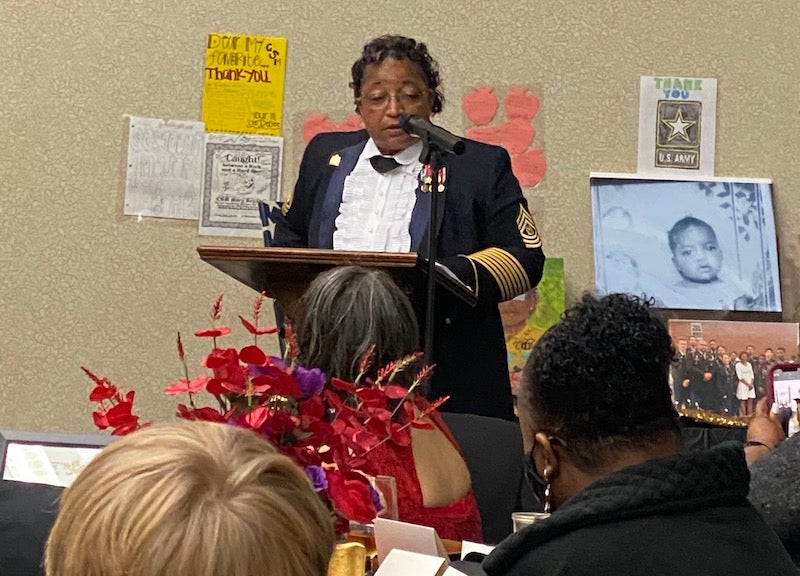No-nonsense guide to effective leadership skills, Part 4
Published 1:54 pm Monday, December 18, 2017
By JOHNNY CARCIOPPOLO / Community Columnist
As you can see, even if you have poor qualities, you can still become an effective leader with work. That doesn’t mean you won’t make mistakes as a leader, though. Ask any good leader if they’ve ever made a management mistake, and you’ll hear many say they’ve made their fair share.
The trick is, though, to learn and grow from the mistake. Of course, the best course is to avoid making a valuable mistake in the first place.
Here are some common mistakes to look out for:
- Assuming every team member is well-trained and self-motivated and will ask for help if they need it. Everyone needs assistance or guidance from time to time. Don’t wait for your team members to come to you when they need help. Check in with them periodically.
- Not scheduling catch-up meetings is a mistake an ineffective leader might make. Schedule regular times to get together with your team as a group or individually to make sure things are moving along as needed.
- Letting your temper get the best of you in the presence of your team. Wild emotional swings give your team the impression you might not be open to communication and they never know which version of you they are going to be dealing with. Keep your temper in check at all times. If you have to, walk away from the situation for a few minutes while you collect yourself.
- Not asking for help when you need it. There are always resources for leaders to tap into, such as free consultations from experienced peers. Asking for help is a sign of a good leader who knows when they need help.
- Failing to acknowledge when you make a mistake is a sign of a poor leader. Instead, own up to your mistake, share your mistakes with your team if necessary, and learn from them.
Everyone makes mistakes and being an effective leader means learning from the mistakes of others before you. Many mistakes can be avoided by paying attention to your team and what is happening among your members, communicating regularly and asking for help from your peers if you get stuck.








